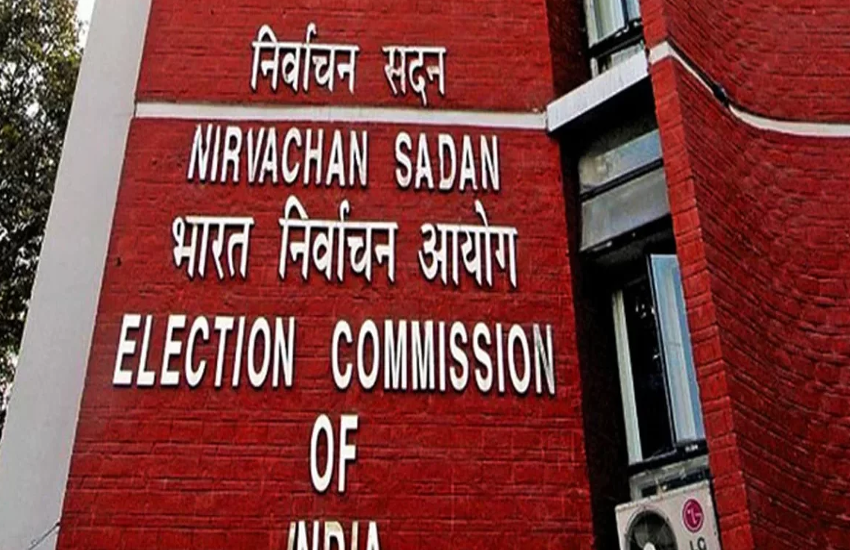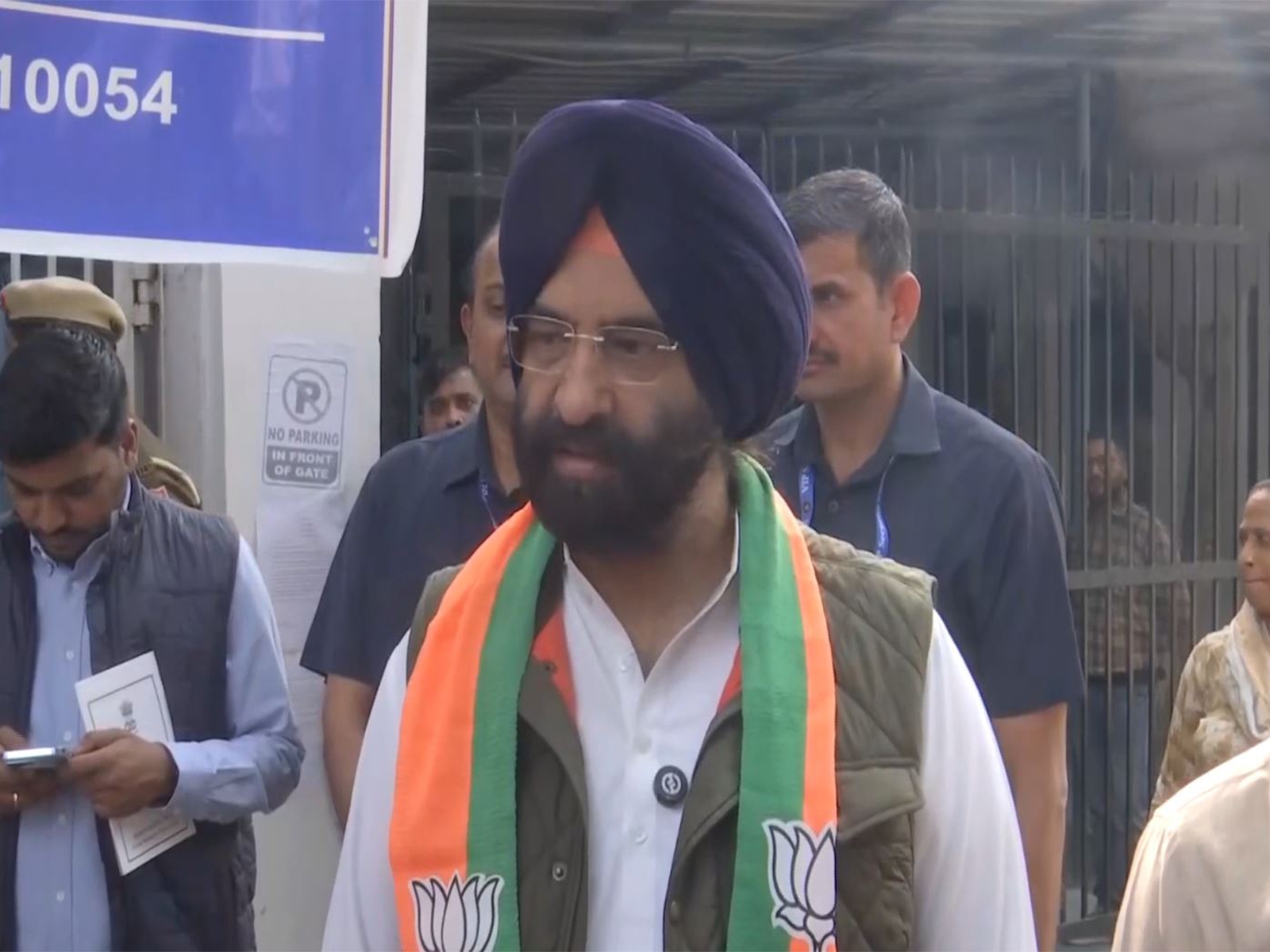Multiplex owners chain move Rajasthan High Court over entertainment tax exemption

Recently, the PVR group moved the Allahabad High Court over entailing the entertainment tax into goods and services tax. The mutiplex owners told that they were promised by the state government to retain a portion of tax for five years but that was broken as the tax was involved into GST.
Now, multiplex owners in other states are also fighting for the same cause. Owners of the largest mutltiplex chain has filed a petition in the Rajasthan high courts. They want tax exemption which was promised under the Rajasthan Investment Promotion Scheme, 2014. The motive behind the scheme was to promote investment and generate employment opportunities. Also, to exempt mutltiplex owners from payment of 50% entertainment tax for seven years upon investment in the state.
Since July 1, 2017 when Good and Services tax was implemented, the tax as promised by the sytate government have gone under the Goods & Services Tax (GST) regime. Earlier, the entertainment tax was 15% but now the tax rate has increased to 28%.
Also Read: India lacks flexing power despite high imports: ASSOCHAM
Abhishek A Rastogi, partner at Khaitan & Co said, “The Rajasthan government offered 50% entertainment tax exemption for seven years under its scheme. However, subsuming of entertainment tax into GST has resulted in undue hardship for the petitioners as the benefit has become redundant, thereby removing all the competitive advantage of the petitioners."
The petitioner told that the withdrawal of the partial exemption added burden on the profitability as he made huge investment but couldn't avail the benefits as of the scheme. The hearing of the case is expected by end of this month.
The elimination of such exemption, the petition reads, has caused “undue financial hardship” to the petitioner and has also “affected the viability of business.” “Multiplexes have invested based on the promise of getting the tax benefits. As a corollary, arbitrariness under Article 14 of the Indian Constitution comes into play. The entire argument will be based on relevant provisions of Section 174 of the Rajasthan GST Act and the recommendations which should have been given by the GST Council as per article 279A of the Indian constitution,” Rastogi added.
As part of the scheme of exemption, multiplex companies were allowed to retain 100% of entertainment tax charged in the first year, 75% in second and third year, and 50% charged in fourth and fifth year of operations, respectively.
Also Read: Hiring activity sees 6% growth in Feb'18







![BJP's Kapil Mishra recreates Shankar Mahadevan’s ‘Breathless’ song to highlight Delhi pollution [WATCH] BJP's Kapil Mishra recreates Shankar Mahadevan’s ‘Breathless’ song to highlight Delhi pollution [WATCH]](https://images.catchnews.com/upload/2022/11/03/kapil-mishra_240884_300x172.png)

![Anupam Kher shares pictures of his toned body on 67th birthday [MUST SEE] Anupam Kher shares pictures of his toned body on 67th birthday [MUST SEE]](https://images.catchnews.com/upload/2022/03/07/Anupam_kher_231145_300x172.jpg)






